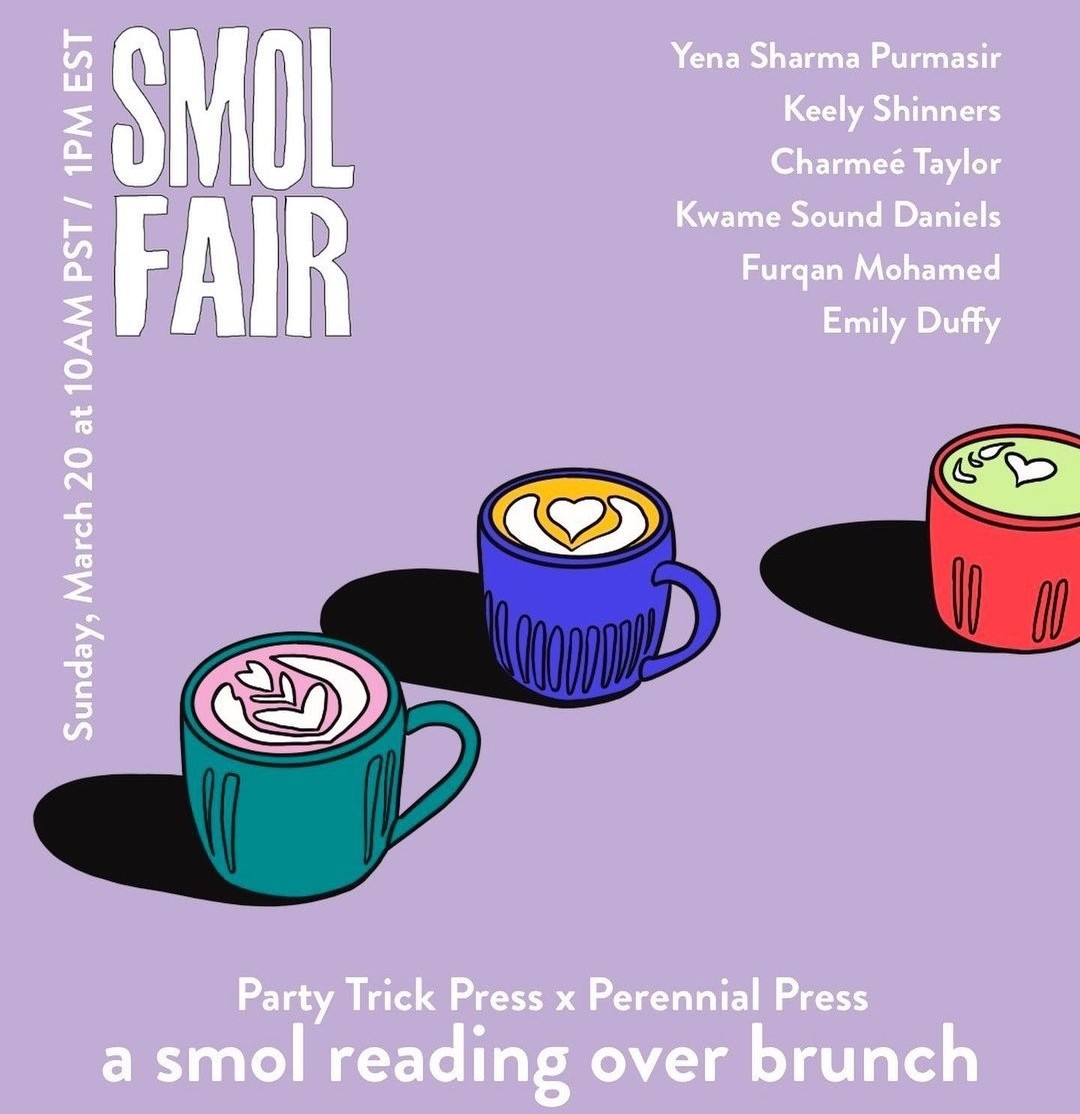We caught up with the brilliant and insightful Kwame Sound Daniels a few weeks ago and have shared our conversation below.
Kwame Sound, looking forward to hearing all of your stories today. What’s been the most meaningful project you’ve worked on?
I think the most meaningful project I’ve worked on was a manuscript that I haven’t given to presses yet because I’m doing a final revision. It’s possibly the most meaningful because it was the most free I have been with a project. I wrote into the dark with it, wrote constantly. I got the chance to explore the aromantic spectrum and the asexual spectrum in relation to lesbianism. I got to play with the idea of gender in an alien race, got to build my own world, got to incorporate blackness and oral tradition as a nomadic culture’s history and main sphere of learning.

Kwame Sound, before we move on to more of these sorts of questions, can you take some time to bring our readers up to speed on you and what you do?
I’m a black trans disabled poet. I identify as a dyke. I’m agender (genderless). I write books of poetry and soon might self-publish my first fantasy novel. I began to write as a teenager and stopped for a while when I was overwhelmed with work as a cook. But, I developed fibromyalgia and soon was unable to cook professionally. I went back to college (having dropped out the first time because of mental health issues), and was inspired to write poetry again by entering into a sapphic relationship. As I outgrew the relationship I began to fall in love with the process of poetry on its own merit and began to explore my own identity outside of my relationship with the woman I was seeing. I don’t think my work is particularly original or special. It’s not that my work sets me apart from others, I don’t think, it’s just that I haven’t seen many books of poetry by black trans disabled lesbians. I haven’t read many black poets who contend with psychosis and what that might mean for blackness and safety, rather the veneer of imposed madness inherent to the perception of blackness from outsiders. So I explore being black and trans and mad and a dyke and try to focus on my craft rather than premise. But it’s important to keep in mind that I am a composite of everything I have ever read. It’s not that I have a unique voice, it’s that you’re seeing a lineage when you read my work.


Learning and unlearning are both critical parts of growth – can you share a story of a time when you had to unlearn a lesson?
I had to unlearn the workhorse mentality instilled in black people. I had to learn to rest. Twice in three years I’ve been contending with big bouts of burnout because I tried to constantly produce work. In 2022 I wrote three books of poetry. Only two of them do I deem publishable and one of the two was longlisted for an award by C&R Press. I had to learn to rest, to let my disabled body and disabled mind not get overloaded. I had to unlearn the idea that I have to keep pushing myself every day to read more, to produce more. Each burnout my work suffered. I ended up unable to do work for months. My last burnout I could barely feed myself. It wasn’t sustainable. So now, I pick four days of the week to write and I confine it to two hours at most each day that I’m scheduled. I take days in between to rest and paint or draw or crochet. I give my hands something to do that doesn’t require a lot of brain. My work is better for it and the more time I take working steadily through what I’m producing, the more I can give my projects attention to quality.


What do you find most rewarding about being a creative?
For me, being an artist is a means of communication. I am dialoguing with people that I don’t know about my identity and my experiences. It’s a wondrous thing. I get to share myself with others that they might better understand others like me.
Contact Info:
- Website: www.kwamesounddaniels.com
- Instagram: @the.okra.winfrey
Image Credits
Iya Jackson (https://www.iyashoots.com/) did my author photo. Light Spun is from Perennial Press, the pause and the breath is from Atmosphere Press, and the Body Manuscript is from EthelZine.


